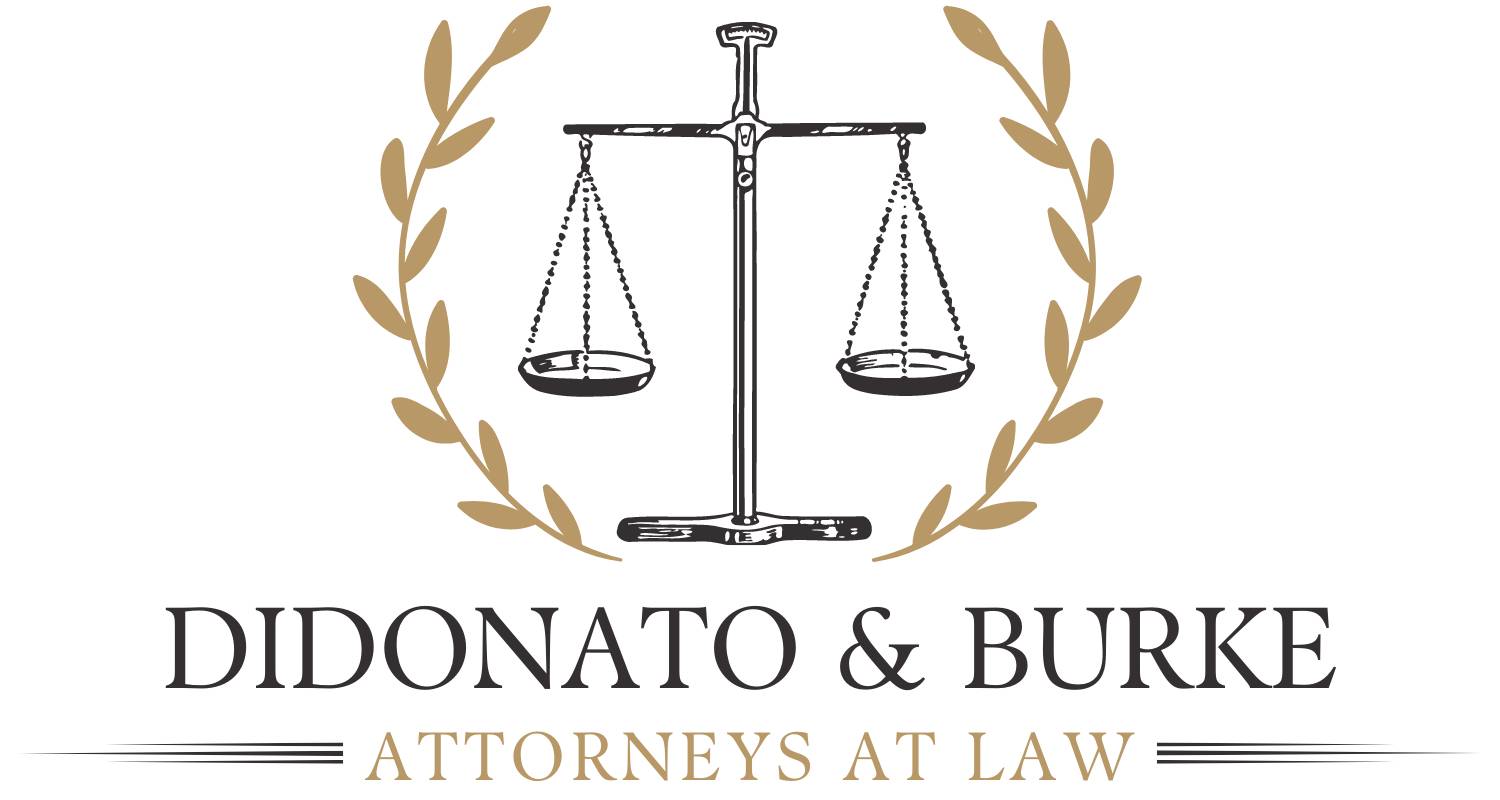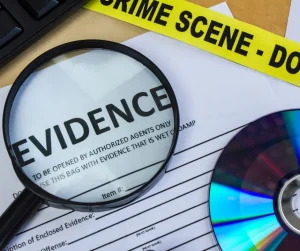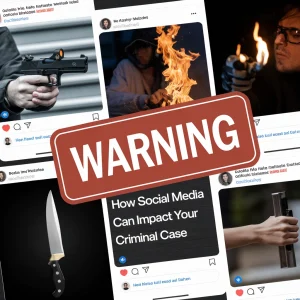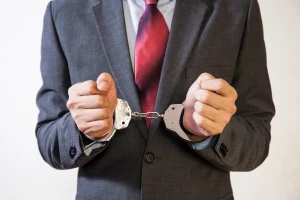In criminal defense cases, forensic evidence plays a pivotal role in determining guilt or innocence. As legal proceedings rely on solid proof to build a case, forensic science provides objective, scientific data that can support or challenge claims made by the prosecution or defense. From DNA analysis to digital forensics, these tools have transformed the landscape of criminal law.
What Is Forensic Evidence?
Forensic evidence includes any scientific data used in legal proceedings to establish facts. It covers a broad spectrum of disciplines, including:
- DNA Analysis – Identifying individuals through genetic material found at a crime scene.
- Fingerprint Examination – Comparing prints left at crime scenes with known databases.
- Ballistics – Studying firearm evidence, including bullet trajectories and shell casings.
- Toxicology Reports – Detecting substances such as drugs, alcohol, or poisons in the human body.
- Digital Forensics – Retrieving and analyzing electronic data from computers, phones, and other digital devices.
- Forensic Pathology – Determining the cause and manner of death in autopsy reports.
- Blood Spatter Analysis – Examining patterns of blood at a crime scene to reconstruct events.
How Forensic Evidence Supports Criminal Defense
Forensic evidence can serve as a powerful tool for criminal defense attorneys. Here’s how it can impact a case:
1. Establishing Reasonable Doubt
The prosecution must prove guilt beyond a reasonable doubt. If forensic evidence contradicts the prosecution’s claims, it can weaken their case and create doubt in the jury’s mind.
2. Proving Alibi and Alternative Explanations
Scientific evidence can validate an accused individual’s alibi. For example, DNA testing may show that the defendant was not present at the crime scene, strengthening their defense.
3. Challenging the Credibility of Evidence
Defense attorneys can scrutinize forensic methodologies, questioning whether evidence was collected, analyzed, or interpreted correctly. If there were errors in handling, contamination, or misinterpretation, it can be used to dispute the prosecution’s case.
4. Demonstrating Misidentification or False Accusations
Eyewitness misidentification is a leading cause of wrongful convictions. Forensic evidence, such as fingerprint analysis or surveillance footage, can help exonerate those falsely accused.
5. Revealing Flaws in Prosecution’s Case
If forensic experts contradict prosecution testimony, the defense can use this to challenge the state’s argument. Inconsistencies in reports, missing evidence, or procedural errors may render forensic findings unreliable.
Challenges of Using Forensic Evidence in Defense
While forensic evidence is powerful, it is not infallible. Defense attorneys must be aware of potential challenges, including:
- Human Error – Mistakes in forensic labs, such as mislabeling samples or cross-contamination, can lead to wrongful convictions.
- Bias in Expert Testimony – Some forensic experts may lean toward the prosecution’s perspective due to affiliations with law enforcement.
- Junk Science – Not all forensic methods are scientifically valid. Some have been discredited over time, such as bite mark analysis.
- Legal Restrictions – Courts may limit the admissibility of certain forensic techniques if they are deemed unreliable or prejudicial.
Contact Philadelphia Criminal Defense Attorney Thomas F. Burke, Esq.
Forensic evidence has reshaped criminal defense strategies, offering crucial scientific insights that can challenge the prosecution’s case or reinforce a defendant’s innocence. However, attorneys must approach forensic evidence critically, ensuring its accuracy and reliability before using it in court. If you or a loved one is facing criminal charges, working with an experienced Philadelphia criminal defense attorney who understands the role of forensic evidence is essential to securing a fair trial and just outcome.
At DiDonato & Burke Law Firm, we meticulously analyze forensic evidence to protect the rights of our clients. Contact Thomas F. Burke Esq. today for a consultation and let more than 32 years of expertise work for you when winning matters most.



